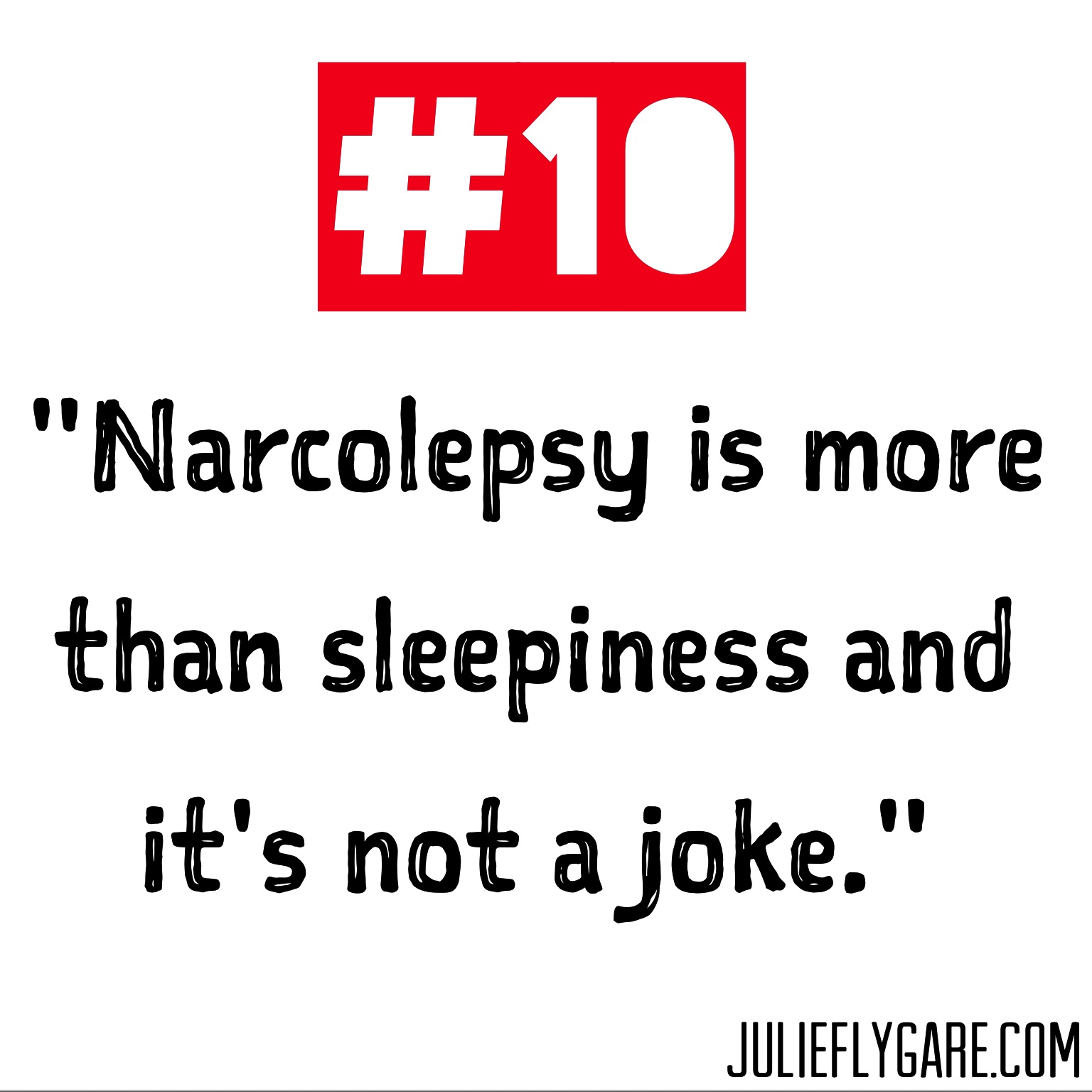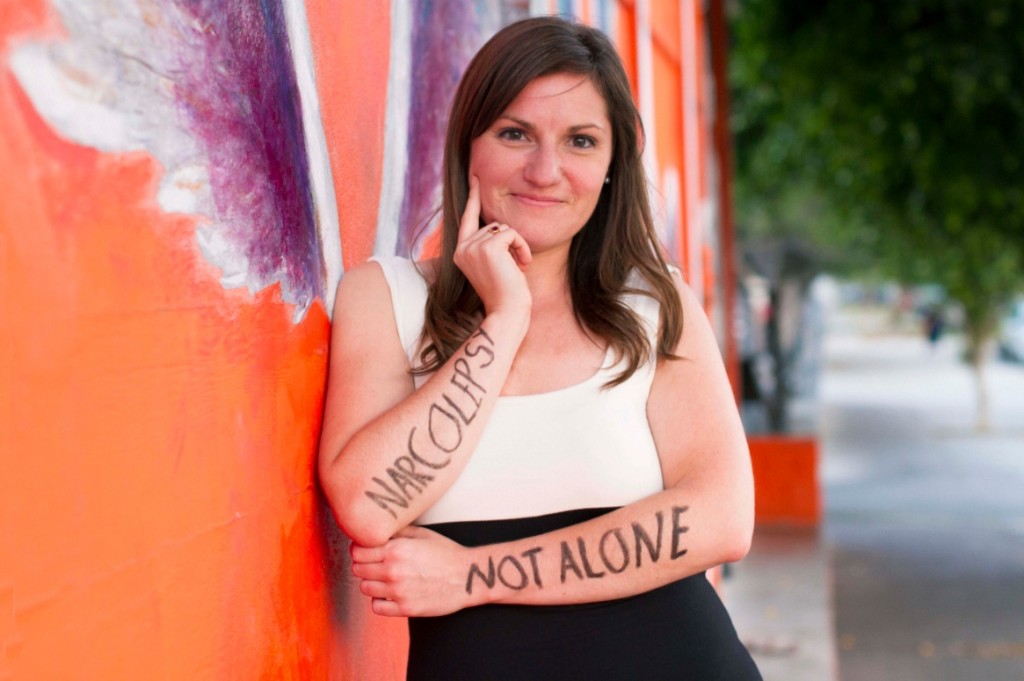When Julie Flygare was diagnosed with narcolepsy eight years ago, she had no idea what would transpire in her life as a result.
She realized that very few people understood narcolepsy, so she was reluctant to talk about it to friends and acquaintances. She would listen as they expressed their misinformed opinions and not reply, because she didn’t want to draw attention to her personal struggle.

They had no idea that narcolepsy is a chronic brain disorder that involves a disturbance to the body’s sleep-wake cycle and causes extreme daytime sleepiness.
As happy as she was to finally have a name for her symptoms, it became frustrating because some people didn’t believe she was struggling.
Others actually laughed at her when she told them she had narcolepsy.
The result was she became increasingly more isolated, but at the same time, a bubbling anger was surfacing.

Flygare decided it was time to speak up. She founded Project Sleep, wrote and published a memoir of her journey with narcolepsy, co-founded a scholarship for students with narcolepsy, and created Narcolepsy: Not Alone–an international awareness campaign.
She believes, in hindsight, that she has accomplished more because of her narcolepsy than she might have had she not had the challenges of this “invisible” disease.






